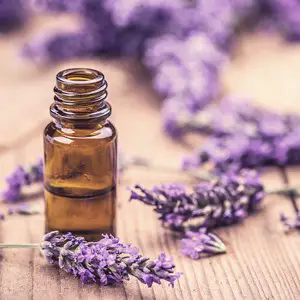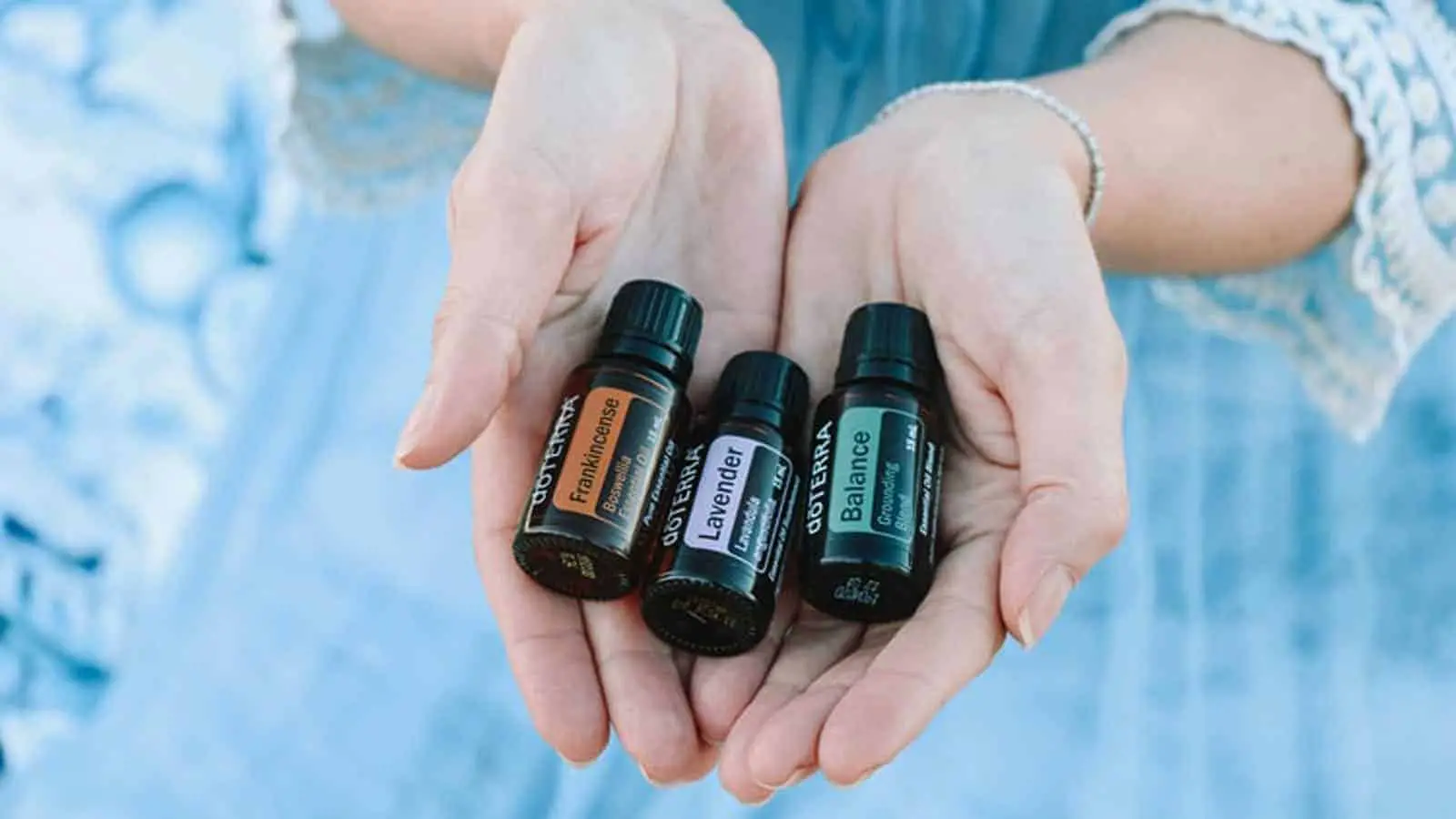A blocked nose complicates much more than breathing. It complicates your meditation as well. Meditation requires you to focus on getting to a state where your mind is relaxed. Trying to focus and relax with a blocked nose may be complicated. But, there are techniques and natural remedies that can allow you to get through your next mediation session, even if your nose is not cooperating.
A blocked nose doesn’t have to stop you from meditation and keep you wondering how to meditate. Meditating with a blocked nose can be done by:
- Using alternative focus techniques
- Controlling the moisture in the room
- Using essential oils to soothe and clear the nasal passage
- Using a nasal strip
Meditation is a natural process that promotes self-awareness and stress management. For many, it’s an integral part of the daily routine. Since breathing is a big part of meditation, a blocked nose can make it difficult if you meditate and battle allergies, or any other ailments that can cause a blocked nose, stick around.
Meditation means to go beyond the limitations of the physical body and the mind. Only when you transcend the limited perspective of the body and the mind do you have a complete dimension of life within you.
Sadhguru
How to meditate with a Blocked Nose
If a blocked nose has ever kept you from meditation, you know just how discouraging it can be. But at the same time, meditation has become such an essential part of your day. The good news is, there are a few things you can do to continue your meditation practice, even with a blocked nose.
Alternative Focus Techniques for Meditating with a Blocked Nose
Most meditation techniques require that you focus on your breathing. Although most meditation techniques center on breathing, there are other alternatives. Here are a few meditation techniques and options that will take your mind away from the discomfort of not breathing freely.

- Focus on an object: while most meditation techniques require that you focus on your breathing, you also have the option to focus on another object. The object of focus can be a physical object, or it can be a mental image.
- Focus on using other senses: You can create a distraction to your nasal blockage and shift your focus by using your other senses. You can focus on touching a textured object or beads. You can also use your sense of hearing to listen to the sounds of nature, chimes, or symbols.
- Focus on chanting: Chanting is a part of mantra meditation and focuses on repetition instead of breathing. Yoga Journal provides a list of mantras that can get you centered and aware.
Meditation takes dedication, and sometimes many hours of mastering your points of focus. The more you learn to focus on an object, such as breathing, the better you become at reaching your desired level of calmness and awareness. Here are some ways to soothe and unblock your nose while meditating if shifting your focus from breathing is not an option.
Controlling the Moisture in the Room with a Humidifier
Dry air is an irritant to the nasal passage and removes moisture from our bodies; therefore, preventing decongestion. The humidifier is an excellent product to use to control the moisture in a room. Humidifiers use water to create and dispel moisture into the air. This moisture soothes the nasal passages and eases irritation and congestion.
There are many options to choose from when thinking of getting a humidifier. Keep in mind the size, the noise level, the temperature of the mist, and built-in diffuser options.

- The size: Humidifiers range from small and personalized to those large enough to create moisture within a large room. It is advised to stick to a small humidifier to prevent excess moisture. A small humidifier has a water capacity of 3.4 ltr (0.09 gallons) or less and can provide adequate moisture to a room the size of up to 20 sqm (199sf). There is a large selection of humidifiers both online and instores which will allow you to filter on room size or water capacity to see the best-suited humidifier.
- Noise level: Most humidifiers tend to produce a humming noise. If this humming is a distraction, you can opt to purchase a humidifier that runs quietly. These quiet humidifiers are marketed for use at nights but are usable at any time, especially during silent meditation.
- Mist temperature: Humidifiers can be warm mist or cool mist. Some humidifiers are dual and can alternate to create either a warm or cool mist. Both cold and warm mist humidifiers will add moisture to the air; however, cool mist humidifiers help with reducing congestion.
- Diffuser options: Manufacturers now produce humidifiers that can diffuse essential oils. Having a diffuser option can be beneficial as some of these essential oils are also helpful to relieve blocked nasal passages.
Types of Essential Oils used to Clear Nasal Passage
Essential oils can be added to a standard diffuser or added to a humidifier that has a diffuser tray. Essential oils in a natural state may cause skin irritation and should not be applied directly to the skin.
If you do experiment with essential oils, please ensure that you do so safely. Some essential oils are found in chest rubs and are safe to apply to the skin or chest. Below are some essential oils that can aid in reducing nasal blockage.
Peppermint Oil
Peppermint oil has a cooling sensation when inhaled and promotes decongestion. Peppermint oil can be harsh and is best if administered in a diffuser or a humidifier equipped with a diffuser.
Eucalyptus Oil
While eucalyptus oil provides similar relief as peppermint oil, eucalyptus oil can be found both in liquid and also in the form of rubs. The liquid version of eucalyptus oil is best used in a diffuser as it may cause skin irritation in the natural liquid state. The eucalyptus rub can be applied to the chest to open your nasal passage as you breathe. A eucalyptus rub is a good option if you do not have a diffuser.
Lavender Oil

Lavender oil is the most used essential oil for promoting relaxation and can also be used to get relief from a blocked nasal passage. Most people find the aroma of lavender oil to be pleasant.
Lavender oil seems to be the essential oil that provides multiple benefits if you are trying to meditate with a blocked nose. Lavender oil is generally in liquid form and is suitable for use in a diffuser or humidifier equipped with a diffuser.
If you are easily irritated by essential oils or do not wish to invest in a diffuser or humidifier, nasal strips are a less expensive and handy option to help you breathe if your nose is blocked. Nasal strips are also convenient to keep with you in case you suddenly begin to experience a nasal blockage.
Using a Nasal Strip to Help Remedy a Blocked Nose While Meditating
If you are in a group meditation session, having a diffuser or humidifier may not be an option. A nasal strip may be a good option for times when you will be meditating outdoors, in a group setting, or outside of your home.
Nasal strips are sometimes associated with snoring; however, there are nasal strips that actively work to reduce nasal congestion. Nasal strips come in various strengths. The strength of the nasal strip is not associated with the medicinal power but the pull effect the strip has on your nose.
Drug-free Nasal Strips
Nasal strips have an adhesive side, which allows the strip to stick to the lower bridge of the nose. When placed on the nose, the strips encourage the opening of the nasal passage to allow for better breathing. These strips are drug-free and work to provide tension to keep the nasal passage open.
Infused Nasal Strips
Infused nasal strips work the same as drug-free nasal strips by providing tension to keep the nasal passage open. The infused nasal strips also come with essential oils infused to promote relaxation while aiding in decongestion.
Most infused nasal strips contain menthol. Although menthol is good for decongestion, it may not be pleasant for some users.
A blocked nose can be an issue when using breathing as your center of focus during meditation. Don’t allow a blocked nose to stop you from doing what you enjoy. We know how beneficial breathing is to some meditation sessions; if you choose to focus on breathing, a humidifier, diffuser, essential oils, or nasal strips can help to soothe your blocked nose and breathe easier.
Final Thoughts
A blocked nose can make a lot of things difficult, including breathing. But, it doesn’t have to prevent you from meditating. Any of the solutions offered above will help you continue your meditation practice, even with a blocked nose.








